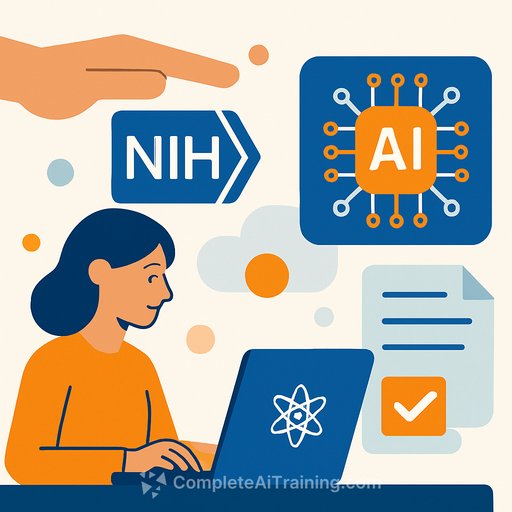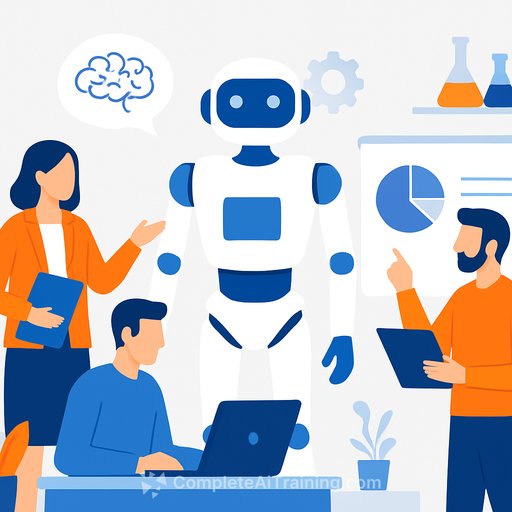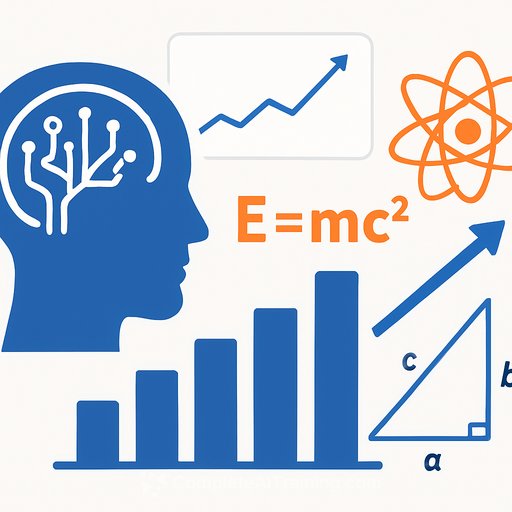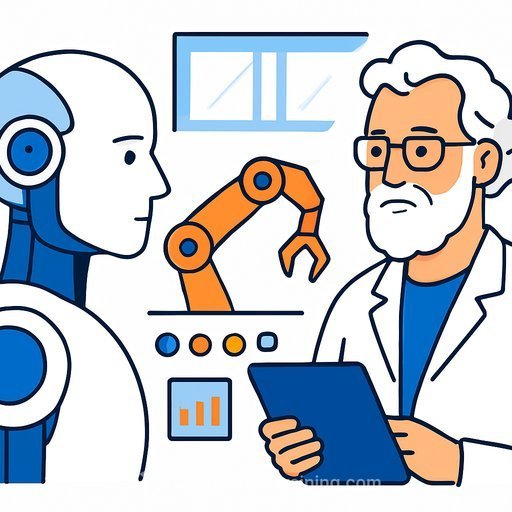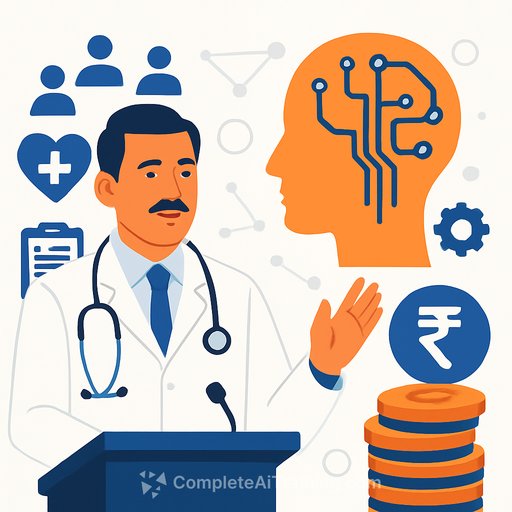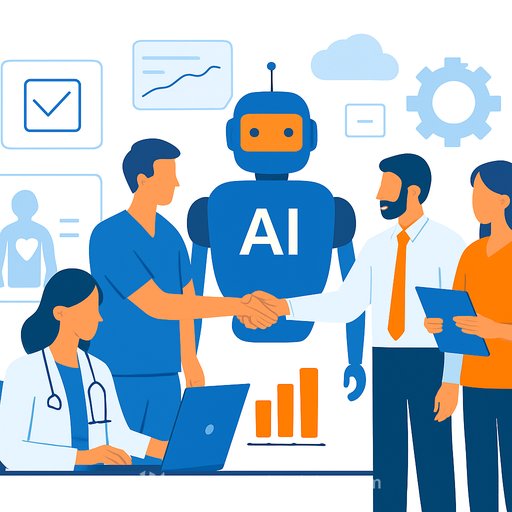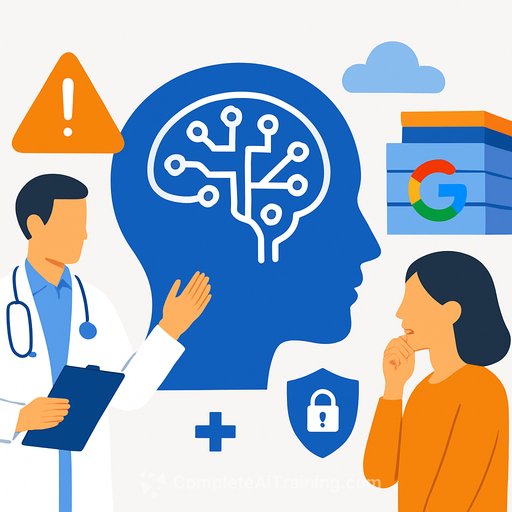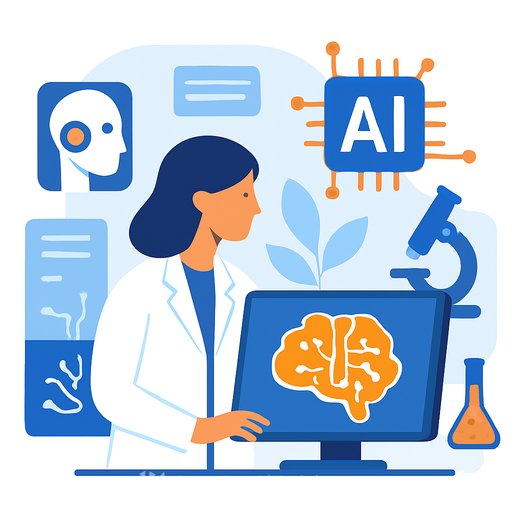NIH Issues New Guidance on AI Use in Research Applications
On August 5, 2025, the National Institutes of Health (NIH) released updated guidance regarding the use of artificial intelligence (AI) in the research application process. This move aims to clarify the agency's stance on AI's role in preparing grant applications and to set clear boundaries for researchers.
The NIH stated that applications "substantially developed by AI, or contain sections substantially developed by AI" will not be considered. Such submissions may lead to enforcement actions, emphasizing the importance of original, human-driven research proposals.
Additionally, the NIH announced a cap on the number of applications an individual can submit annually as a principal investigator (PI), program director, or multiple principal investigator (MPI). The limit is set at six new, renewal, resubmission, or revision applications per calendar year. This policy will take effect on September 25, 2025.
What This Means for Researchers
Researchers should ensure that AI tools are used to assist rather than replace their own intellectual contributions in grant applications. Over-reliance on AI-generated content risks disqualification and potential sanctions.
Limiting application submissions aims to promote quality over quantity, encouraging researchers to focus on fewer, stronger proposals.
Recent AI Developments in Healthcare and Research
- Joint Commission Partnership: The Joint Commission partnered with the Coalition for Health AI to develop best practices for AI use in healthcare, announced June 11, 2025.
- AI Data Security Guidance: On May 22, 2025, the National Security Agency and Cybersecurity and Infrastructure Security Agency released recommendations on securing AI-related data.
- Pharmaceutical Manufacturing Projects: The Administration for Strategic Preparedness and Response launched four pharmaceutical manufacturing initiatives utilizing AI, announced May 15, 2025.
- AI in Stroke Treatment: Experts at Henry Ford Health shared insights on AI’s role in stroke care, highlighting its potential to improve emergency treatment outcomes.
- Ambient AI Technology at Cleveland Clinic: Cleveland Clinic physicians discussed how AI tools help reduce physician burnout and improve patient care.
- AI Screening for Opioid Use Disorder: An NIH study released April 3, 2025, found that AI screening tools can effectively reduce hospital readmissions for opioid use disorder.
For researchers and healthcare professionals interested in expanding their knowledge of AI applications, Complete AI Training offers a variety of courses covering AI in healthcare and research.
Your membership also unlocks:

